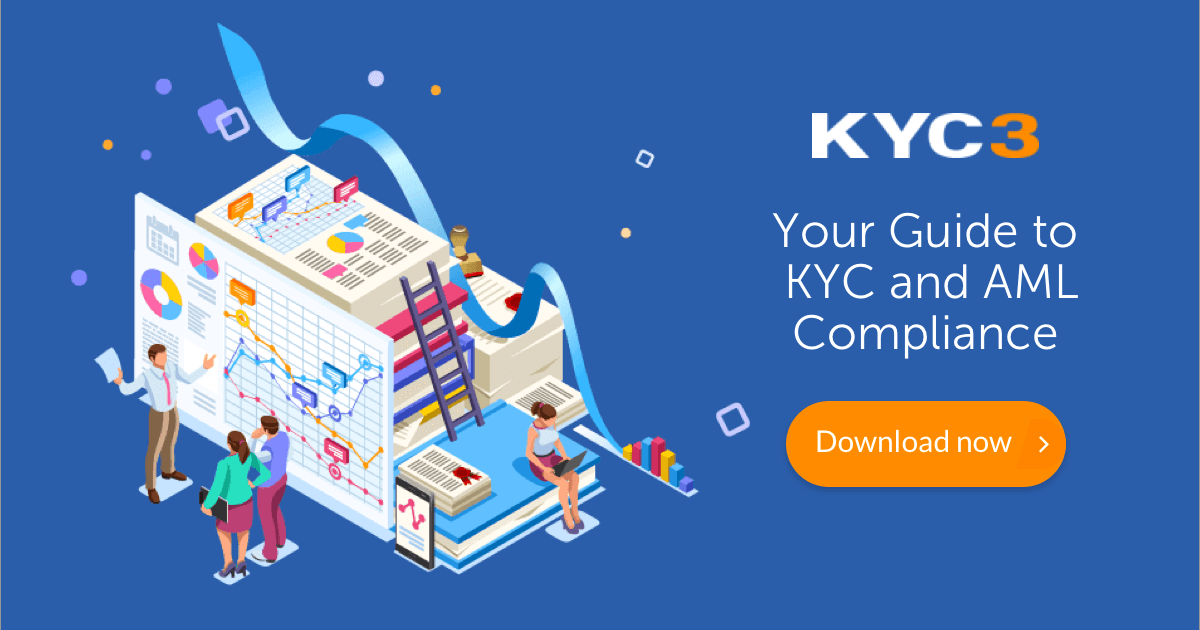

Kyc intelligent risk engine full#
BNPL is a veritable magnet for fraud.Īt SEON, we have prepared a full guide on BNPL fraud, but the gist of it is that fraudsters can: The first issue, however, is that the accounts themselves can be stolen and used like e-wallets. They essentially offer microloans, or a kind of credit card auto-topping, which has proved incredibly popular with Gen-Z users and those with no credit history. Failing to do so may put your business at risk.īNPL companies deploy as few barriers as possible in the onboarding process.

By identifying who your users are, you protect yourself against fraudsters. Business risk: In spite of adding friction, KYC and AML checks can actually help you develop safer business practices.Negative PR: KYC and AML fines tend to be noticed by business publications, which means that your company will be seen in a bad light by potential clients, customers, and investors.These issues can create a bottleneck for them, which could last weeks or even months.

Legal issues: A compliance fine isn’t just costly.Some reports go as far as saying that KYC/AML fines in the banking world, for instance, can be more costly than financial crime itself. This is true in every vertical – and BNPL is no different. Heavy fines: Regulators impose punishing penalties on companies that do not meet KYC and AML requirements.It’s not just a matter of preference it is now a legal requirement.Īnd while every jurisdiction has its own idea as to what constitutes a proper KYC or AML check, the consequences of not performing them are the same: If you run a BNPL company, you have to stay on top of KYC and AML requirements. In fact, BNPL providers are expected to see an increase in the number of checks they will have to perform in the future. Still, every BNPL company can agree that KYC and AML checks aren’t likely to go away. This kind of business blurs the lines between payment processors, credit providers and fintech, which means that the legal requirements might not necessarily be the most adapted to their day-to-day operations. To make matters worse, BNPL companies are a complex vertical. Regulators were slow to act, which has led to some confusion in the industry. The BNPL market is expected to double by 2023, according to Which 50. The BNPL craze took the world by storm following the COVID-19 pandemic. What makes KYC and AML unique in the world of Buy Now Pay Later companies, is that the regulations are still being developed. ensure the customers aren’t partaking in illegal funding, including of terrorism.ensure the customers aren’t facilitating money laundering.verify their customers’ identities so they can be accountable.They define processes that certain types of businesses must go through in order to:

AML stands for Anti Money Laundering.īoth are practices designed by government regulators. In BNPL, as well as other finance-related sectors, KYC and AML are closely linked to legislation in place to prevent illegal practices on behalf of BNPL customers – including money laundering and terrorism funding. What Is KYC and AML for Buy Now Pay Later? Let’s see what that entails in terms of KYC and AML checks, and how your BNPL company can meet compliance without sacrificing user experience. BNPL took the world by storm – and regulators have started to notice.


 0 kommentar(er)
0 kommentar(er)
